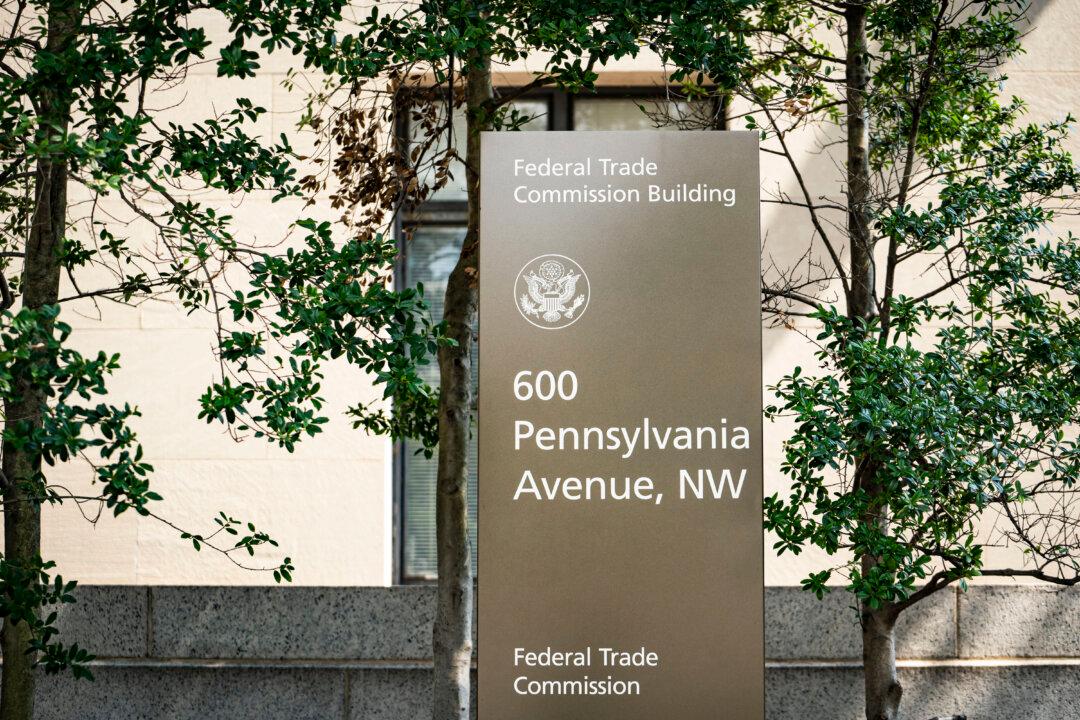Fasting can program certain immunity cells in the body to fight cancer better and improve the cell’s ability to survive in a tumor environment, according to a recent study.
“Our findings identify a link between dietary restriction and optimized innate immune responses, with the potential to enhance immunotherapy strategies” of cancer patients, the paper said.
In the study, researchers analyzed cancer-infected mice that weren’t given food for a period of 24 hours, twice a week. As the mice were allowed to eat freely in between fasts, they didn’t lose any weight.
During the fasting period, glucose levels in the mice dropped, similar to humans, along with a jump in free fatty acids. Meanwhile, the natural killer cells were observed to have undergone a major change.
“During each of these fasting cycles, NK cells learned to use these fatty acids as an alternative fuel source to glucose,” said Rebecca Delconte, a co-author of the study.
“This really optimizes their anti-cancer response because the tumor microenvironment contains a high concentration of lipids, and now they’re able to enter the tumor and survive better because of this metabolic training.”
NK cells in the spleen experienced separate programming that allowed them to better use lipids as a source of fuel.
“With both of these mechanisms put together, we find that NK cells are pre-primed to produce more cytokines within the tumor,” Ms. Delconte said. “And with the metabolic reprogramming, they’re more able to survive in the tumor environment, and specialized to have improved anti-cancer properties.”
The research comes as clinical trials to study the safety and effectiveness of fasting together with standard cancer treatments are underway.
Fasting Risks
While the June 14 study found positive links between fasting and fighting cancer, clinical dietitian Juhina Farooki says the safety of the process should only be determined on a case-by-case basis.“Every patient is different, and what could be safe for one patient is not necessarily safe for the other patient,” she said, according to a Jan. 29 post at the MD Anderson Cancer Center.
Malnutrition is one of the risks of fasting while undergoing cancer treatment. A lack of proper nutrients can result in weight loss, slow down the healing process, and worsen fatigue, the post said. It can also add more stress during what is an already tense period for the individual.
Ms. Farooki advises cancer patients who wish to fast to only do so after consulting with their physician. This ensures that the patient gets sufficient nutrition.
One group of mice was given breakfast while the other group was denied. After four hours of fasting, 90 percent of monocytes in the fasting mice were found to have disappeared from the bloodstream, which fell further at eight hours. In the non-fasting mice, monocyte levels remained unaffected.
After the mice were subjected to four months of intermittent fasting, their liver function tests improved. The mice were found to be less likely to develop liver cancer.








